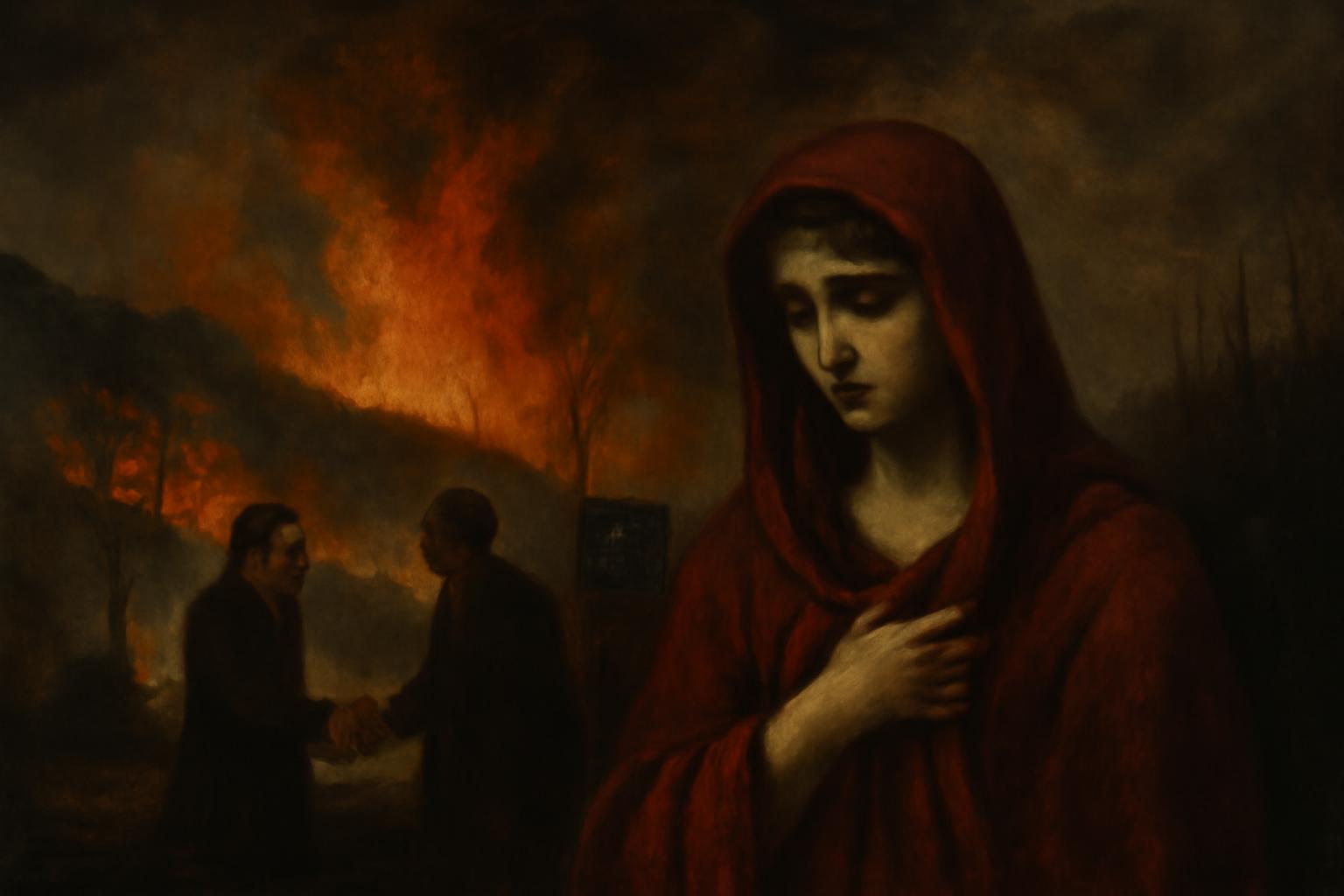An inferno has etched into the Iberian plain a map the size of Mallorca, and Spain fights it with the fragile patience of men who have forgotten how to hear the wind. The heat, once an almost religious heat, now yields to a cooler breath, nights that dampen ambition and rain that makes a half-fortune of mercy. In the Picos de Europa National Park the gates of the villages reopen, as if returning from a long, anxious exile; in Castile and León the guardians of the flame declare a temporary victory, no village still in direct danger, aircraft able to work again, even as some fires linger in stubborn, partial control and the smoke remains a stubborn watermark upon the sky. Yet the great conflagration does not yield its theater—large blazes still test the mettle of crews, while the military remains deployed like a solemn, patient chorus that never tires of the catastrophe.
Europe has sent its emissaries to the stage: twenty fire engines arrived yesterday, and today seventy more from North Rhine-Westphalia and Lower Saxony will join the ranks, winds still weaving mischief through the columns of smoke and complicating every maneuver. And there is the politics of fear and remedy, the public ritual of concern: the Prime Minister, Pedro Sánchez, visiting the ranks at La Granja, naming the fires as the worst in almost two decades and, like the forsaken herald of a waning civilization, linking the ruin to climate change and urging a national pact to bind climate policy into a single, all-embracing framework. A plan must come in September, he says, a concrete chart with more money for reconstruction and prevention, a clarification of competencies between regions and the central power, as if such delineations could calm a wind or soften a flame.
To read this is to stand beneath a Greek roof and watch tragedy unfold without the hero's ascent. The winds are the capricious chorus, the flames the inexorable fate, and human schemes—the so-called modern mastery—merely the feeble props in a drama that pretends to mastery while bowing to every gust. Nietzsche would murmur, perhaps, that we have outlived the age of quiet wisdom and now bargain with the earth as with a stubborn creditor; God is not dead, one might say, but transformed into committees, forecasts, and national pacts, while the world outside the council chambers keeps burning. The will to plan becomes a timid echo of the will to power, and the price of safety is paid in miles of smoke and the quiet, recurrent grief of communities forced to relearn their own borders and freedoms.
If there is any enduring lesson, it is not that ideologies can stamp out flame, but that the flame reveals what a civilization loves most when the sky darkens: the stubborn shelter of shared memory, the fragile tenderness of return, and the ache of a culture that still believes in tomorrow even as it counts the cost of today. The heat may ease, the rain may come, and some fires may be restrained, but the image remains—human hands against a testament of weather and time, striving to hold a line that nature, in the grand theatre of Western catastrophe, never fully accepts as permanent. In this, perhaps, lies the true measure of our era: not the triumph of policy, but the elegy of effort, the deliberate sorrow that keeps faith with what we owe to the land and to one another.
